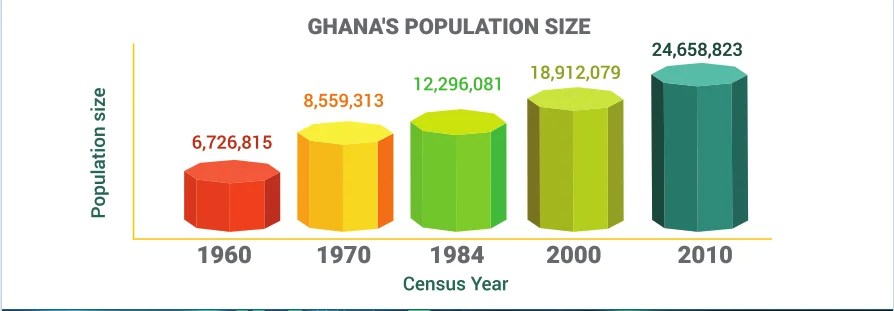Every ten years since 1981, Ghana has sought to conduct a nationwide census which estimates the number of people living within the shores of the country at any one time. As of the last census in 2010, this number was pegged at a modest 24.6 million. Even though the next one would have been in 2020, the coronavirus pandemic made that impossible.
Now that the country is ready to start counting again, they have made giant strides to ensure the count goes smoother, faster and better this time around: deploying a digital model of counting.
The government has been working on using satellite imagery and tablets to map the areas as well as inhabitants better. This plan has long been in the works, so much that it has even been tested on select areas to see how efficient and accurate it might be. The results of those tests must have been very impressive for a larger launch like this to have been sanctioned.
Leveraging data capture tech which will allow the improved understanding of the citizen demographics too, more than 67,000 field agents have already been trained and deployed to carry out the census program.
However, this did not come cheap. Estimated to have cost some $84 million, representing a 50% increase over the figures from the last census, Ghana will be looking to recoup the investment over the next couple of years, and in the speed/ accuracy of the current exercise.



